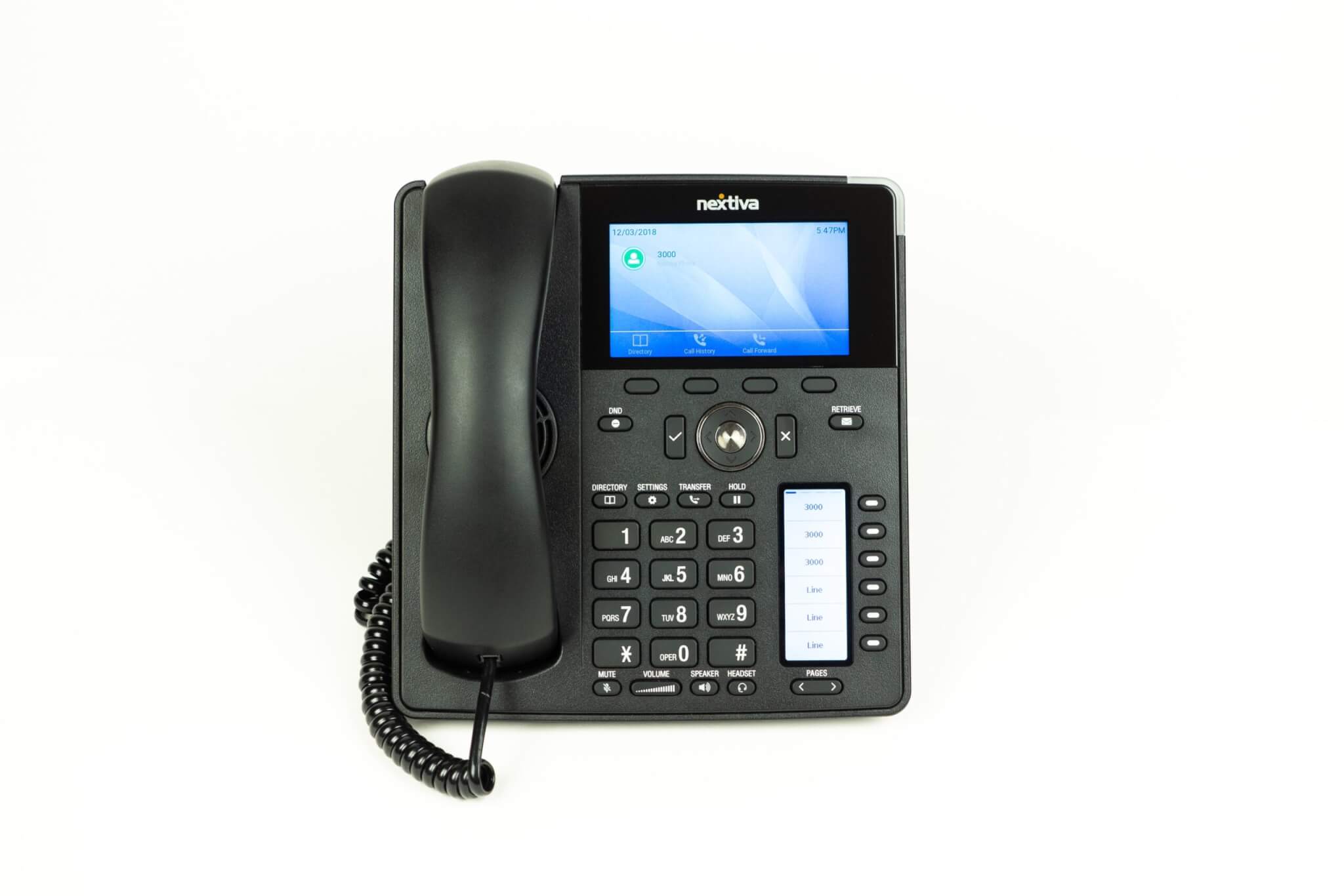Your business phone system has to be reliable to prevent the disruption of day-to-day business operations. When selecting a phone system or provider, it’s crucial to thoroughly research and consider all the available options before making a final decision.
You may need your business phone for international calls, secure phone payments or call recording capabilities. Understanding your business’s needs will help you to find a phone system that lasts for many years to come.
Here are the 7 things you need to consider before choosing your business phone system:
1) Type of phone system
When choosing a phone system the main three options to choose from are:
- Hosted VoIP phone systems
The pros of hosted VoIP phone systems are that you can easily communicate from anywhere in the world, it’s easily scalable and it has an ease of access across a wide variety of devices.
The cons of hosted VoIP phone systems are that you need a stable internet connection and security measures in place to prevent cyber attacks.
- Traditional PBX phone systems
The pros of traditional PBX systems are that they can work for organisations with a large number of employees and they can remain up and running during electrical interruptions.
The cons of traditional PBX systems include your business needing a dedicated team to manage configuration and being responsible for all maintenance.
- Key System Units (KSU)
The pros of key system units are they are easy to use and you can manually determine an appropriate phone line.
The cons of key system units are that they don’t offer the versatility needed for a growing business and they are limited to 40 phone lines.
Each of these systems has an option for hosted (cloud) and non-hosted (on-premises) versions. The system you choose should offer technical support and a customer service that is reliable and responsive. Online tutorials and user guides should help to get you and your staff up to speed quickly.
2) Security
Security should be a top priority when choosing a business phone system. Your phone can hold a lot of sensitive data and may be needed to discuss financial and personal information.
Look for a system that includes features such as encryption and authentication to protect your data.
3) Cost
When considering a business phone system, you should factor in all the associated costs, including the cost of the system itself, installation, training, and maintenance.
The budget you allocate for your phone system can guide you in choosing the appropriate option.
4) Reliability
The reliability of your phone system can depend on your internet connection and technical support team.
If you don’t have a reliable business phone system partner then you won’t be able to operate as fully and efficiently.
5) Features
Some phone system solutions such as VoIP come with tons of extra features such as video conferencing, email, caller ID and automated attendants.
Old-fashioned phone systems won’t have the technological advancements needed to future-proof your business.
6) Collaboration
Collaborative phone systems bring all forms of technology together e.g. voice, video and instant messaging. These can be of great consideration if you work hybrid or remotely.
The level of collaboration will depend on the age of the phone system and its technical capabilities.
7) Scalability
It’s important to invest in a system that can grow with your business. Systems that are adaptable and can be easily upgraded or expanded as your business needs change.
No matter what size your company is we will be on hand to assist with phone system planning, installation and support.
Contact our team today or view our business phone system page for more information.



